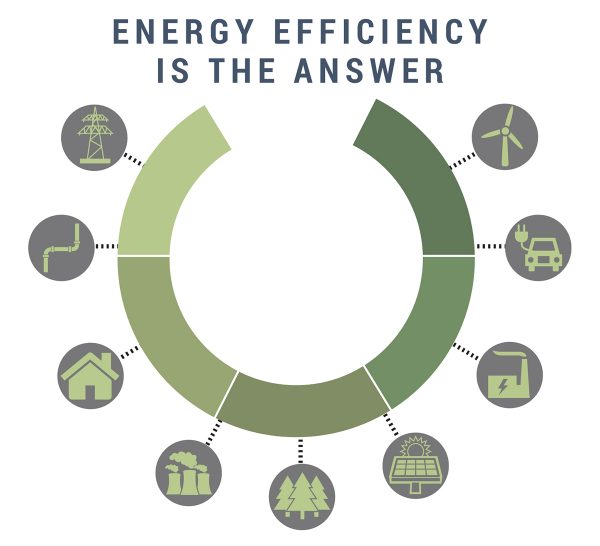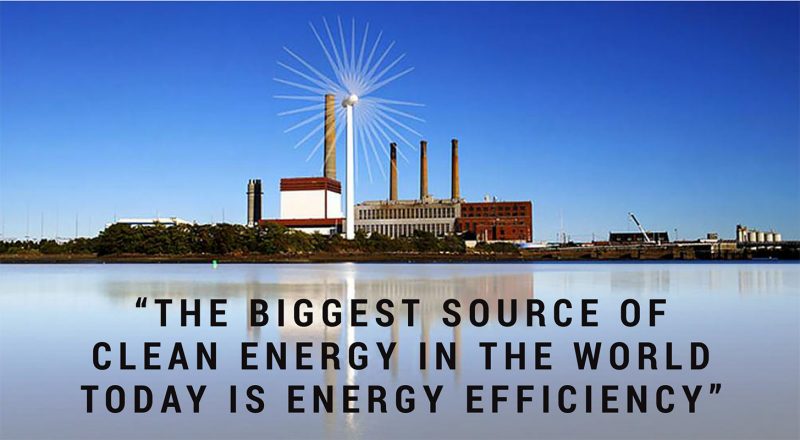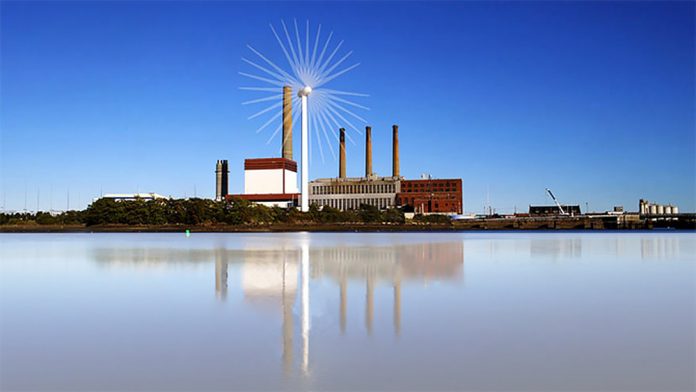Danny Pay, Director of Maximus Green outlines energy efficiency towards gas and oil is a realistic approach to going ‘green’ for all applications
Renewable energy solutions, such as solar, tidal, wind, geothermal, etc. are all extremely useful alternatives. However, we are a society so dominated by gas and oil that we cannot simply stop using them. This isn’t an article arguing the case for fossil fuels; this is an article stating the harsh truth that we are not going to stop using fossil fuels overnight, nor for a few years. We are talking decades. Instead, we must preserve what we do have by making it more efficient and economically viable.
The heating and boiler systems you have in your homes and businesses run on oil and gas. Even the most modern and fancy of these systems will use fossil fuels. We’ve made them more efficient over time. In 2015, the average annual energy bill for a dual-fuel household was £490 less than it would have been without such efficiencies. But the fact remains: they require fossil fuel sources.
According to the report, Unlocking Britain’s First Fuel, the use of gas to power heating systems has dropped by 27% since 2004. The use of household electricity also fell by 13% in the same period. Certainly, we acknowledge the clear reduction in fossil fuel usage, but it’s obvious that we won’t eliminate fossil fuels by achieving a 100% reduction anytime soon. Thus, energy management and energy efficiency become priorities. Making these the focus of your “green” solutions will help you to not only meet your targets and save money but alleviate the pressure as you wait for renewable solutions to replace your current systems.
Renewable energy

Ultimately, renewables are the only viable way to match our energy needs with environmental conservation but it is a long-term plan. Energy efficient use of current, fossil fuel reliant systems will bridge that gap between now and a renewable future. Many industrial systems were installed up to 50 years ago and designed to last 100 years. Expensive and awkward to replace, they are not a feasible, long-term solution for businesses.
We are clearly aware of the necessity of energy efficiency and management; they have engendered an entire industry. Development in this sector has been rapid these past few years, with the increasing emergence of new technologies and consistent, environmental research. A report from Policy Exchange states that an energy efficiency policy upgrade could save businesses £1.3 billion a year. That’s not with renewables, that’s by making the systems we have more efficient.
“Improving energy efficiency is amongst the easiest and cheapest ways to decarbonise our energy system,” said Joshua Burke, energy and environment research fellow at Policy Exchange. “Businesses and public sector organisations spend the equivalent of nearly 5% of GDP (£22bn) on energy every year but too many organisations still aren’t investing enough in energy efficiency. It needs to be seen as a major strategic investment which is both good for the environment and good for profitability.”
So what options are there? The Energy Managers Association (EMA) and the Carbon Trust both supply useful information to guide businesses but there is no one size fits all programme. Nonetheless, the importance of developing these guides should not be considered a low priority. As Brian Motherway, head of energy efficiency at the International Energy Agency (IEA), said: “People think about renewables and the supply side but the more mundane business of saving energy actually makes a bigger contribution. The biggest source of clean energy in the world today is energy efficiency because it allows you to do more without having to supply more energy.”
Energy efficiency has never been more environmentally, nor economically critical. Energy and fuel costs are rising and budgets are getting smaller; in fact, many of these energy efficiency programmes were designed with the purpose of cutting business costs, rather than saving the planet. We should take every measure to decrease energy emissions by focusing not only on our energy systems but also on the fuels we feed our systems.
Cleaner fossil fuels

The cleaner and purer the oil, gas or water that powers a system, the greater its efficiency and the fewer damage impurities cause to hardware. The system lasts longer and you save money. Improving the economy and efficiency of fuel must, unquestionably, become a part of your “green” strategy.
As Fabrice Leveque, an energy specialist at WWF, said: “This [increase in renewable energy] is yet more evidence that a zero-carbon future is in our grasp. However, at the present rate, it will take over 100 years for us to ensure our homes are carbon neutral.”
Energy efficiency isn’t going away anytime soon, nor should it. Even once renewables have fully taken over, there will still need to be effective power management and efficiency methods in place to ensure that we can continue to use this power unhindered, indefinitely.
Please note: this is a commercial profile
Danny Pay
Director
Maximus Green
Tel: +44 (0)1843 572 574











